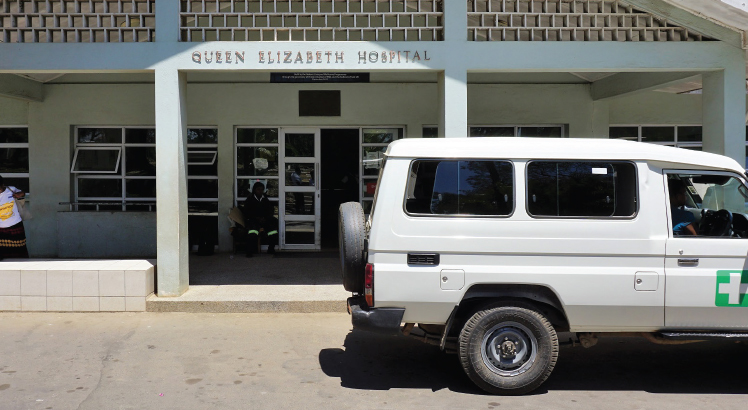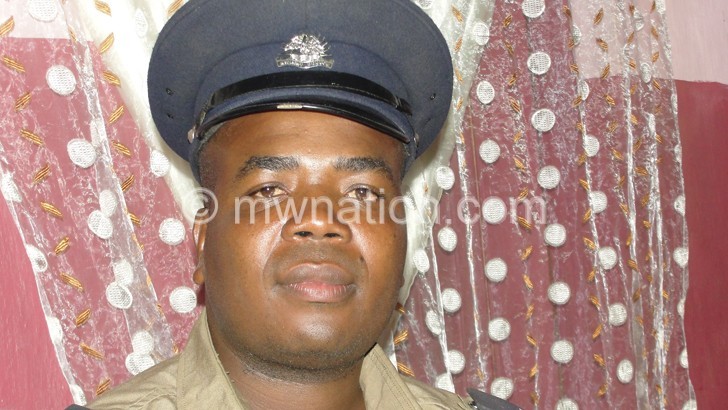Recruitment freeze chokes health care delivery
Malawi has since 2017 not been able to directly recruit health care workers, culminating into a 63 percent vacancy rate, a situation which is affecting the provision of health services in the country.
To date, recruitment of health care workers has been bankrolled by donor partners such as the United States President’s Emergency Plan for Aids Relief (Pepfar), Centre for Diseases Control and Prevention, The Global Fund and the Health Joint Fund, The Nation has learnt.
Health care workers groups have said the situation has left the current workforce overwhelmed with work.
In an interview yesterday, Minister of Health Khumbize Kandodo Chiponda said while some recruitment takes place, employment in the health sector has not had proper procedures.
She said: “That is why we are now coming up with guidelines on recruitment.

“The problem has been there for the past 20 years. We are talking with the medical council so that we develop guidelines on recruitment because it is unfair to see somebody who has graduated this year getting recruited while others who graduated in 2012 are not.”
The World Health Organisation (WHO) recommends that a population of 1 000 should be served by at least five health care workers, but in Malawi the same population is served by 0.5 health care workers.
But statistics from Human Resources for Health (HRH) on the status of human resources in the health sector in Malawi shows few workers are recruited, yet many are trained and simply left to rot, with even those employed facing up to 20 years without promotion.
In an interview, Society of Medical Doctors president Victor Mithi said overdependence on donors for recruitment of health workers was not helping matters.
He said: “For the past few years, government has not been able to employ health care workers using resources from the Ministry of Health. Usually, recruitment has been happening using donor-funded initiatives. We saw it during the Covid-19 pandemic and now with cholera.”
Mithi said Malawi needs to think through the matter on how the graduates from the health sector can be taken aboard.
However, Physicians Assistants Union of Malawi president Solomon Chomba said the challenge with most donor recruitments is that they are short-term and responded to specific epidemics and pandemics.
He said: “The standard requirement for a health centre is four medical assistants, but the prevailing situation is that only one medical assistant runs a health centre working day and night from Monday to Sunday.
“Same thing applies to higher level health facilities like district hospitals and central hospitals.”
HRH outgoing chairperson Shouts Simeza, who is also president of the National Organisation of Nurses and Midwives of Malawi, said the acute staff shortage is having a huge impact on the health care system.
“Actually, I do not understand how the situation would have been if it was not for donor partners hiring staff. It would have been a huge scandal,” he said.
According to the HIH report, Malawi has 90 medical officers, 201 clinical officers, 247 medical assistants, 66 optometry technicians, 42 anaesthetic clinical technicians, 22 orthopaedic clinical technicians and 3 012 nursing officers, nurse midwife technicians and community midwifery assistants.






One Comment